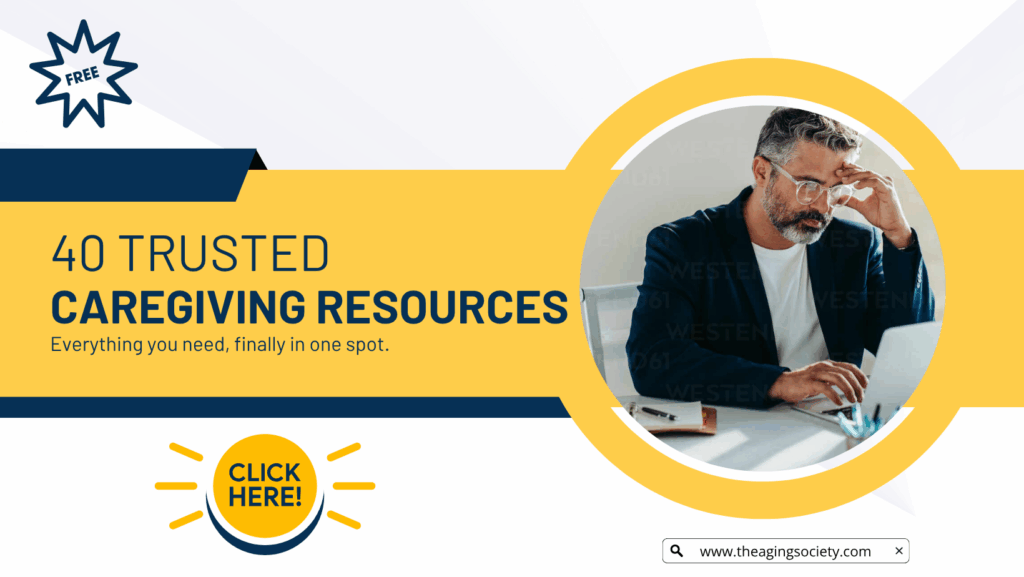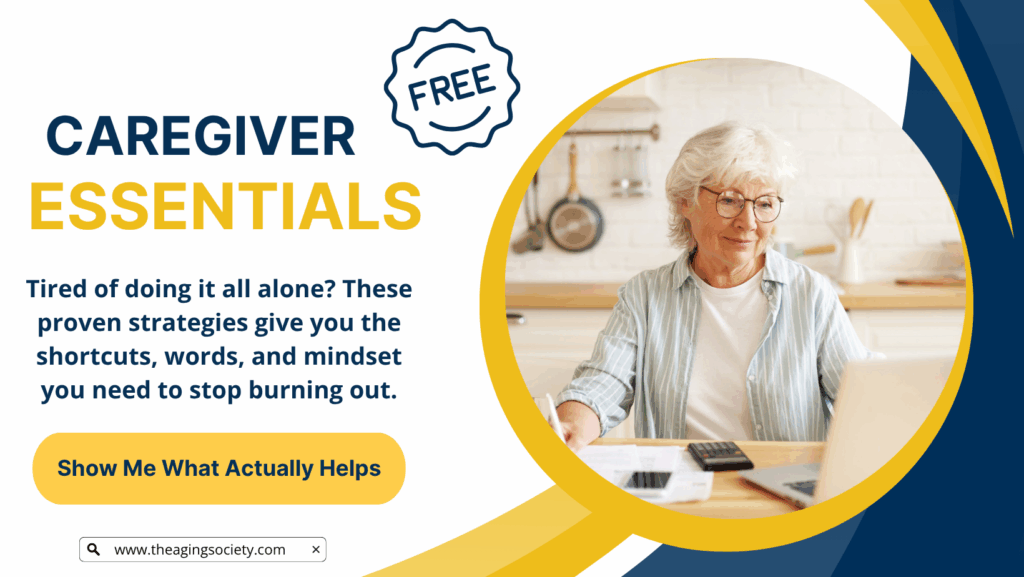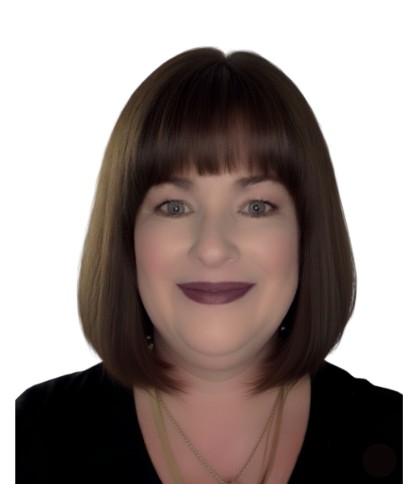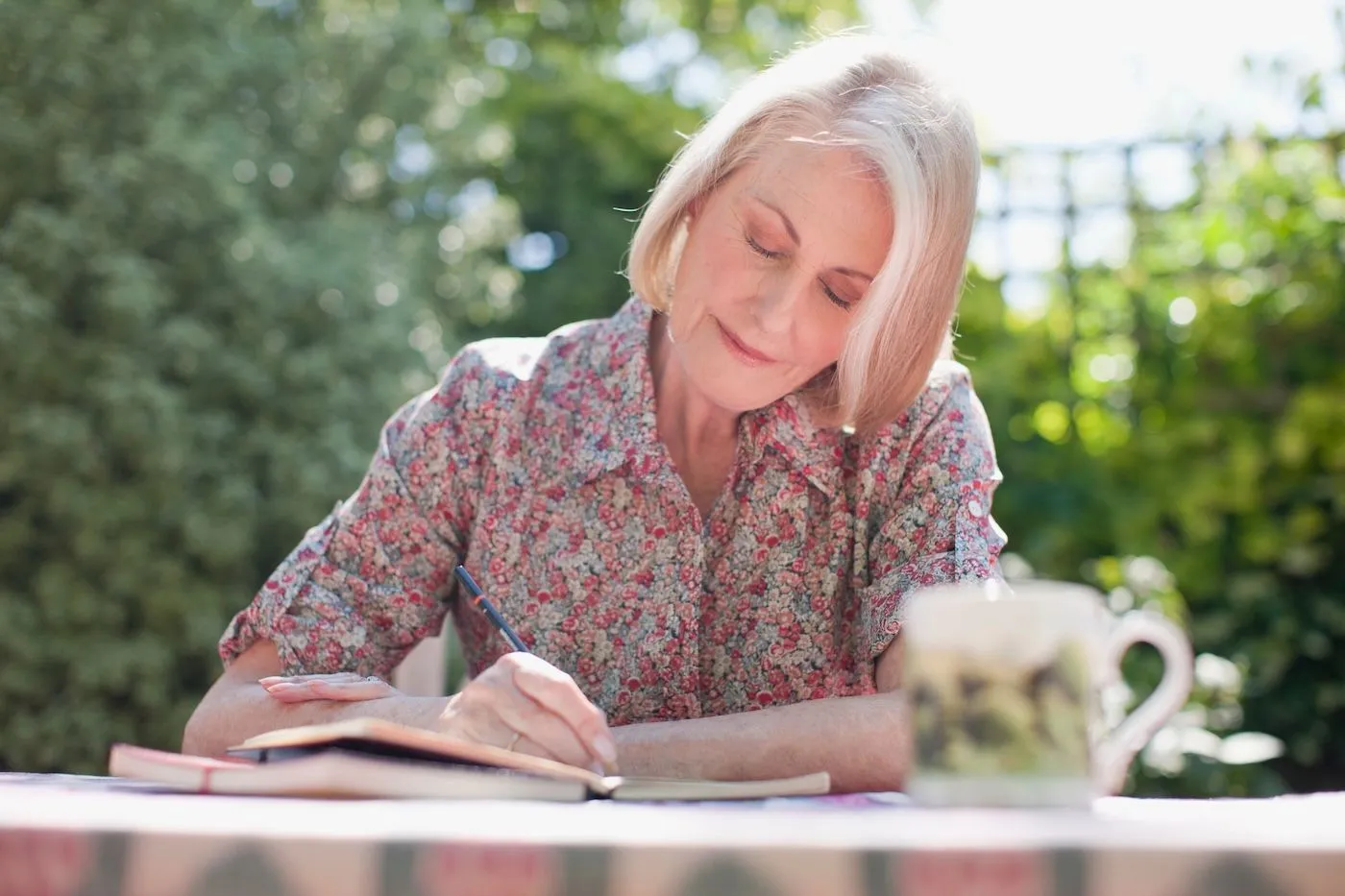Browse by categories
I help caregivers navigate conversations and decisions about senior care with clarity, confidence, and ease.
More about me
September 5, 2025
Life after being a caregiver can feel like stepping into unfamiliar terrain. The routines that once structured your days vanish, replaced by a silence that feels too loud. You’ve spent months or years giving every ounce of energy to someone who needed you. When that chapter ends, whether through loss, recovery, or transition, you’re left to face both absence and possibility.
This moment is more than grief; it’s transformation. You are being invited to heal, to rediscover who you are beyond the role that defined you, and to let compassion turn inward for the first time in a long while.
Understanding the Grief That Follows Caregiving
Grief after caregiving is multilayered. You’re mourning not only the person you cared for but also the identity you built around that care. For years, your purpose was clear: protect, comfort, manage, love. When that purpose dissolves, it can feel like free fall.
The grief of caregiving’s end often appears as:
- Deep sadness or guilt about what you could have done differently
- Anxiety about what comes next
- Isolation because others think you should be “moving on”
- Emptiness where constant responsibility once lived
Grieving doesn’t mean you’re weak, it means you loved deeply. The love that fueled your caregiving deserves to be honored, not rushed past.
Rebuilding Identity After Caregiving Ends
Once caregiving stops, you might look in the mirror and wonder who you’ve become. For so long, your worth was measured in what you gave. Now, it’s time to reclaim who you are, not just the caregiver, but the whole person beneath.
1. Rest Without Guilt
Caregivers live on alert. Afterward, rest can feel uncomfortable, even wrong. Yet stillness is your body’s way of remembering safety. Take naps. Sit in sunlight. Let quiet moments heal what exhaustion once hid.
2. Reconnect With Joy
Ask yourself: What used to make me feel alive? Music, gardening, painting, walking in nature? Start small. One act of joy each day is a seed of rediscovery. It’s not indulgence—it’s recovery.
3. Redefine Purpose
Your purpose hasn’t disappeared; it’s evolving. Many former caregivers find meaning in mentoring others, volunteering, or simply practicing everyday kindness. The wisdom you earned through caregiving can become your compass forward.

The Loneliness of Life After Caregiving
Loneliness after caregiving can be profound. You’ve lived in constant companionship—of tasks, responsibilities, or your loved one’s presence. When that disappears, even peace feels foreign.
Remember: this loneliness is not emptiness. It’s the space grief needs to breathe.
To ease the transition:
- Reach out early. Call a friend, join a grief group, or connect online with others who’ve walked this path.
- Be gentle with social energy. Some days you’ll crave company; others, solitude. Both are valid.
- Create rituals of remembrance. Light a candle, visit a favorite spot, or keep a small token nearby. Continuity softens loss.
You’re not alone in this silence; thousands of caregivers are rediscovering themselves right beside you.
Finding Yourself Again
Healing begins when you allow curiosity to replace guilt. Life after being a caregiver is about integration, honoring what caregiving taught you while making space for new beginnings.
1. Let Yourself Dream
After years of selflessness, dreaming can feel foreign, but it’s essential. Enroll in a class, plan a trip, or explore something that excites you. Dreams are permission slips for life after caregiving.
2. Build Routines That Serve You
Where once your schedule revolved around another’s needs, now it can center on your well-being. Try morning walks, journaling, or meditation. Routine still offers comfort, but now, it nurtures you.
3. Keep the Caregiver Spirit Alive
The caregiver within you doesn’t disappear; it simply transforms. You can still express that empathy, in friendships, community work, or through caring for yourself with the same tenderness you once gave others.
Rediscovery as Renewal
There is life after caregiving, quieter, gentler, but full of possibility. You’ve endured something transformative, and now you’re ready to live from the wisdom it gave you.
Rediscovery doesn’t erase grief; it weaves it into your new story. Over time, the love you once poured outward begins to flow inward. Compassion, once a gift for others, becomes a gift for yourself.
You’re not starting over, you’re evolving. Every act of self-care, every new experience, every smile that returns to your face is proof that healing is happening.
The Gentle Art of Beginning Again
Life after being a caregiver isn’t about “moving on.” It’s about beginning again, slowly, softly, authentically. You are not only the sum of your sacrifices; you are the living continuation of the love you gave.
That love still exists, reshaped into empathy, creativity, and resilience. Let it guide you as you step into this next season. You’ve earned your peace. You’ve earned your rediscovery.


Susan Myers is a Mom, Caregiver Strategist, and founder of The Aging Society. She helps family caregivers get the clarity they need to navigate aging parent care without losing themselves in the process. Her courses, resources, and Caregivers: Talk With Purpose podcast offer grounded, practical support for the moments that feel overwhelming, confusing, or heavier than expected.
Leave a Reply Cancel reply
where can I take you?
where can I take you?
Resource Center
Caregiver essentials
thoughtful giftst
conversation action plan
home
contact
blog
about
The Aging Society helps caregivers navigate conversations and decisions about senior care with clarity, confidence, and ease.

Join Others in my Weekly Newsletter